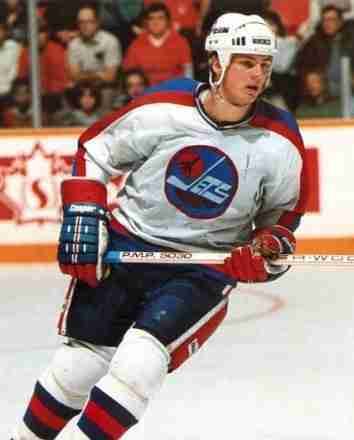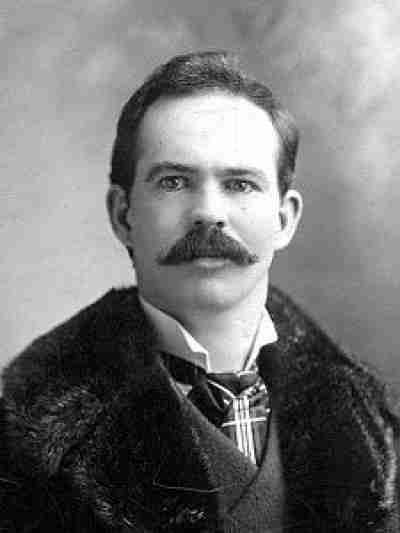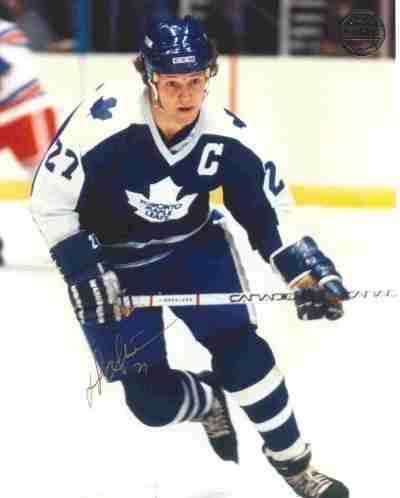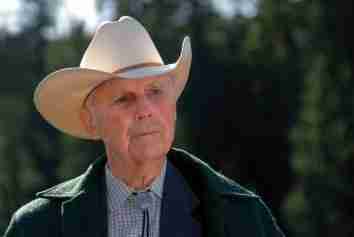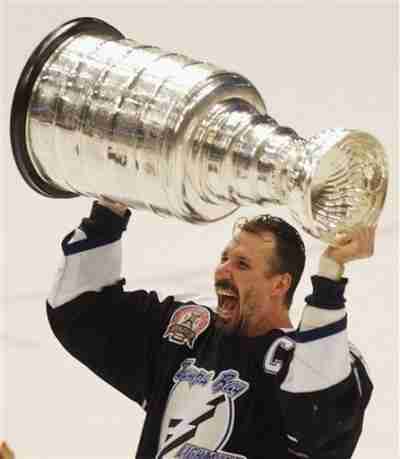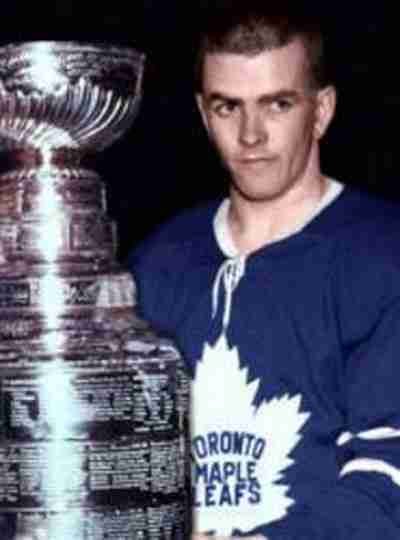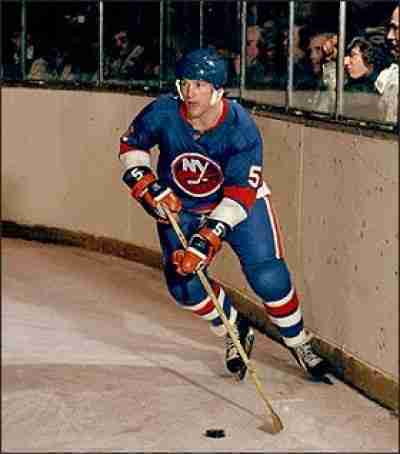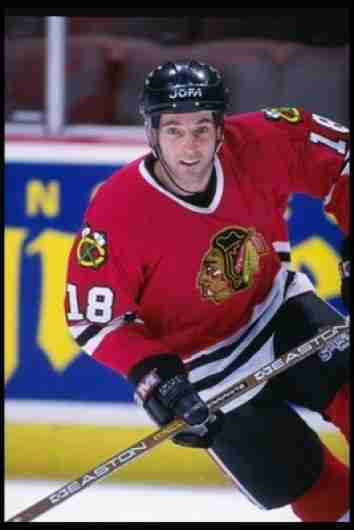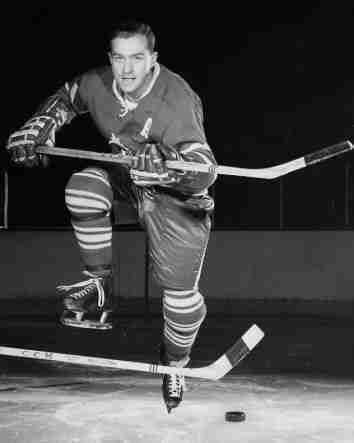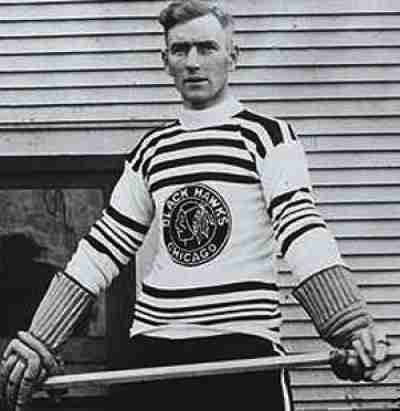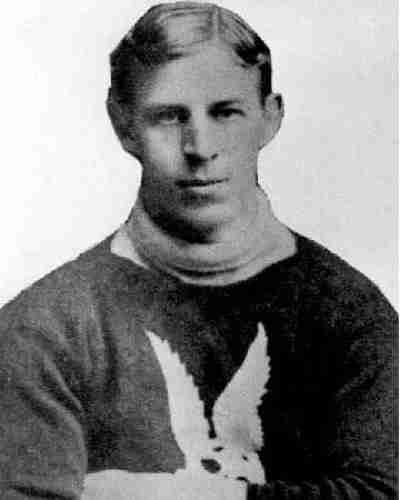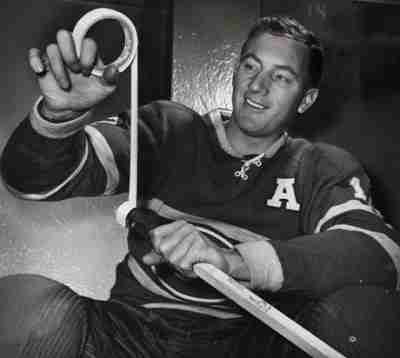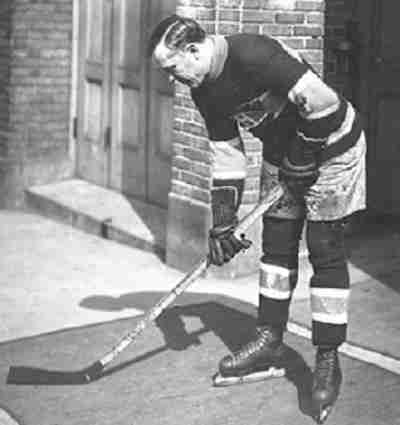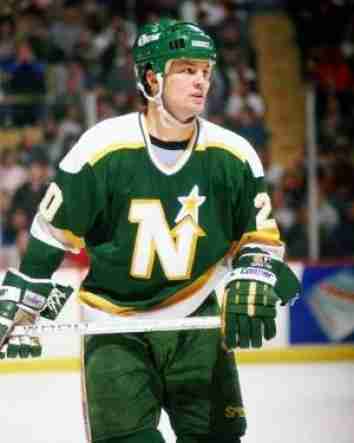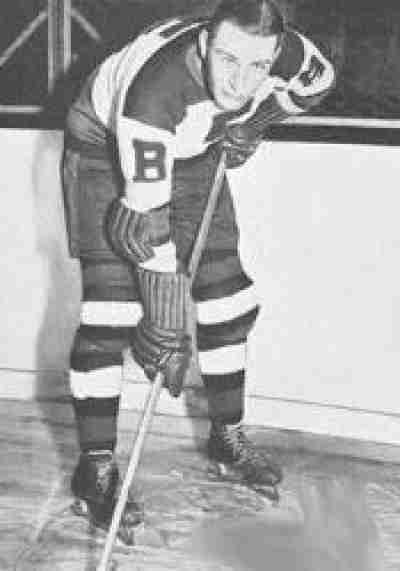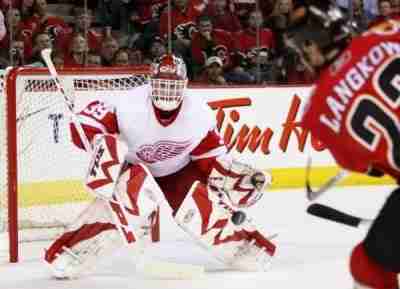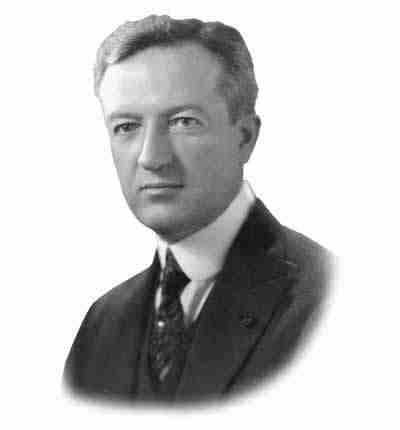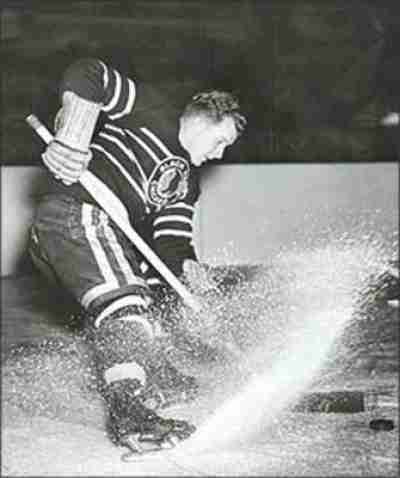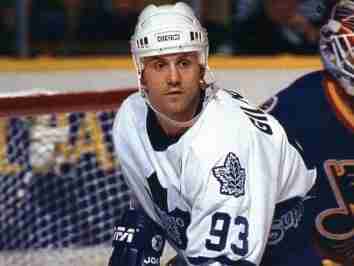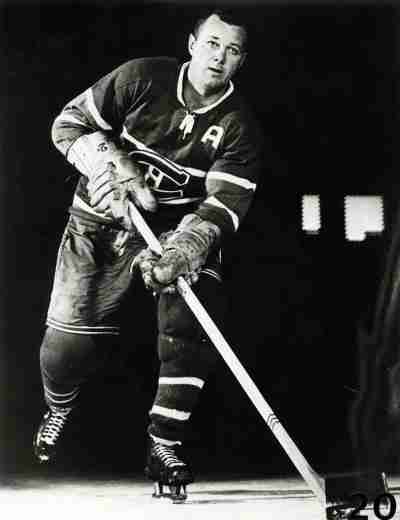We imagine that in the 1980’s that Dale Hawerchuk pretty much owned the Province of Manitoba in the 1980’s. Coming off a spectacular junior career, Hawerchuk was selected by the Winnipeg Jets and promptly won the Calder Trophy and set (since broken) the record for the youngest player to get 100 points. He would go on to hit that 100 point plateau five more times and hit 1,409 for his career. As he played in a small market and in an era with many other good Centres, he still made a mark in the NHL and entered the Hockey Hall of Fame in his second year of eligibility.
Considered one of the best all-around Canadian athletes in the turn of the century, Dan Bain excelled at everything he touched. Consider that he won the following:
The Manitoba Roller Skating Championship at age 13
The Manitoba Gymnastics Competition at age 17.
Three Manitoba Cycling Championships.
Canadian Trapshooting Champion in 1903
The Manitoba Roller Skating Championship at age 13
The Manitoba Gymnastics Competition at age 17.
Three Manitoba Cycling Championships.
Canadian Trapshooting Champion in 1903
Best known for a still standing NHL record of ten points in a game in 1976, Darryl Sittler was a lot more than just that dream performance. He was an accomplished offensive player who twice topped the 100 point mark while playing for the Toronto Maple Leafs and was the leader of that team through the 1970’s. He was a consistent scorer, but naturally became frustrated as Toronto management (namely Harold Ballard) began to dismantle the team. Sittler would join the Philadelphia Flyers where he was still a good player for another two seasons. He would finish his career with over 1,100 points and a revered place in Maple Leaf history.
Why does this seem like a duplicate induction? Daryl Seaman was one of the Calgary businessmen who helped to bring the Atlanta Flames to Calgary and was a part of the group that helped bring the Olympics (and the Saddledome) to Calgary. However, wasn’t the induction of Harley Hotchkiss sufficient already? Just saying.
If longevity and consistency is the key to the Hockey Hall of Fame, then sign up Dave Andreychuk to the Hall right now. Andreychuk is among career leaders in Games Played and Points Scored and in terms of scoring proficiency for a left winger, he has few peers. He excelled at the Power Play, where he maintains the career record for the most Power Play Goals of all time. The culmination of Andreychuk’s career was at the age of 40 he became the oldest player to ever make his Stanley Cup debut. Fortunately for him, he achieved the dream of any one who ever laced up the skates when he led the Tampa Bay Lightning to a Stanley Cup win.
One of the best players of all time for the Toronto Maple Leafs, Dave Keon was probably its classiest. The 1961 Calder Trophy winner brought an abundance of skill to the Leafs with his speed, deking ability and a diverse collection of shots. Keon was an expert penalty killer, and even more of an expert staying out of the penalty box himself as shown by his two Lady Byng Trophies (and the two equivalents he won in the WHA).
Contrary to what you might think, the first Defenceman to hit 1,000 points was not Bobby Orr. That accolade goes to Denis Potvin who was the anchor behind the New York Islanders success. Potvin was the first overall pick by the Isles, who were a struggling expansion team. He won the Calder Trophy, and was a two way superstar throughout his career. Potvin would become a three time Norris Trophy and five time First Team All Star in his career, but the pinnacle was the four consecutive Stanley Cups that the Islanders captured in the early 1980’s. The Hall of Fame ceremony had to be an extra special one for Potvin, as the ceremony was in Ottawa, where he grew up, and his Class included longtime teammate, Mike Bossy.
A brilliant playmaking Centre, Denis Savard was an over a point per game player throughout his career. He had his best efforts while playing with the Chicago Blackhawks in the 1980’s and would hit the 100 point mark on five occasions. The gifted forward would often find unique way to get the puck to his teammates, or put it in the net. Basically, this was a player made for the sports highlight reel. Savard would reach his pinnacle in his home province as he was able to raise the Stanley Cup as a member of the Montreal Canadians in 1993. The flashy French Canadian entered the Hockey Hall of Fame in his first year of eligibility.
Dick Duff was a very good player who was on six Stanley Cup winning rosters, but for a forward his overall points total was decent but perhaps not Hall of Fame worthy based on his era. However, his points per game increased in the post season, and he was a key contributor on many of those Cups, and not just a bystander. It is not a terrible induction, but it was not exactly a snub had Dick Duff never been included.
When most hockey fans hear the name of Dick Irvin, they usually think of the legendary broadcaster. However, it was his father (who bore the same name) who was the on ice star.
Dubbed the “Little Man of Iron” due to his small stature and fierce tenacity, Dickie Boon was a two time star Stanley Cup winning defenceman for the Montreal Hockey Club. Boon historically is credited as the first player to use the poke check. After his playing days ended, he co-founded the Montreal Wanderers and managed them to four Stanley Cups. Boon’s induction is likely based on the combination of his management and playing as he may not have gotten in on just one or the other.
Dickie Moore was a big part of that loaded Montreal Canadians dynasty of the late 1950’s. On the same line with the Richard brothers (Maurice & Henri), Moore was not just along for the ride as he was a two time Art Ross Trophy winner for leading the National Hockey League in scoring. Moore was not just a goal scorer and a playmaker as he was a grinder in the corners whose nickname was “Digging Dickie”.
Called the “Cannonball” because of his powerful shot, Didier Pitre was one of the more versatile and durable players of his or any time. The speedy skater started off as a Rover, later a Forward and as his skills naturally declined he transferred to Defence where his Hockey IQ was still serviceable in the professional ranks. Despite playing for multiple teams, Pitre was with the Habs for twelve seasons and was an important piece of the franchise’s early history.
A four time All Star Game selection, Dino Ciccarelli was an excellent goal scorer with the Minnesota North Stars who proved many scouts wrong as he went undrafted in 1979. Minnesota was not always a great team, but Dino gave fans hope and a reason to come to the games. He was a feisty (though occasionally controversial) player who would finish his career with an even 1,200 points and over 600 goals. Ciccarelli was often used on the Power Play, and twice would finish second in the NHL in that category. He did however wait a bit before entering the Hockey Hall of Fame likely due to the controversy that surrounded him and the fact that his career plus/minus was a negative two. With that said, there were many who thought that the Hall waited far too long to induct Dino Ciccarelli.
Seriously, is there a cooler name in the hockey’s annals than Dit Clapper? Funky name aside, Clapper was the first player to last twenty seasons in professional hockey, and he did not just last; he thrived. He was an All Star at both Left Wing and Defense and was a vital part of three Stanley Cup wins for the Boston Bruins (where he spent his entire career). Clapper was so respected by the world of hockey that he was inducted into the Hall of Fame the year that he retired (1947). It was a well earned honor.
The best Goalie of his time, and a man with a case to say he was the best ever, Dominik Hasek had a spectacular run taking the Czech Republic to an unexpected Olympic Gold in 1998 and was a two time Hart Trophy Winner and six time Vezina Trophy Winner. If he had any real NHL talent in front of him, his fingers would be full of Stanley Cup Rings.
A wealthy Canadian who would become a Senator, Donat Raymond’s contribution to Hockey was the formation of the Canadian Arena Company which was responsible for constructing the legendary Montreal Forum. Basically, this is the main reason he got inducted in the Builders Category in the Hockey Hall of Fame. This might be one of the Hall’s weaker inductions.
Considered by his peers to be one of the most complete players in the NHL, Doug Bentley really was capable of it all. He could put the puck in the net, was an efficient passer, an excellent backchecker and a good guy to have in the locker room. Bentley would twice lead the league in goals (though this was during World War II when the NHL was decimated in talent), assists and once in scoring and played in five All Star Games. He had the honor of playing on the first complete forward line of brothers when both Max and Reg Bentley suited up for Chicago. Sadly for Doug Bentley, he was on many Chicago teams that were not that good, and despite his long professional career, he only played in 23 playoff games. Still, Bentley is a fine addition to the Hockey Hall of Fame.
Although Doug Gilmour was undersized, the man dubbed “Killer” became one of the most popular players in the National Hockey League due to his tenacious and feisty play. However, Gilmour was not just ferocious, as he was an effective playmaker who three times hit the 100 points mark in a season and was twice the runner up for the most assists. Gilmour was also a top two way star, as he won the Frank J. Selke Award for the top Defensive Forward in the NHL in 1993. It was in those early 90’s that “Dougie” took over the hearts of Toronto Maple Leaf fans, nearly taking them to the Stanley Cup Finals and dazzling everyone with his complete style of play. He may never have made a Post Season All Star Team, but he was a Centre that every team coveted.
The unquestioned top Defenceman in his era (so why didn’t he get fast tracked to the Hall of Fame like others around this time? We’ll get to that in a bit) Doug Harvey won seven Norris Trophies to testify to that fact. His brilliant offensive rushes were equally matched by his defensive prowess and desire to stop offensive attackers at any cost. Harvey was the top defender in the Montreal Canadians dynasty of the 50’s, and it is likely that they would not have won five consecutive Stanley Cups without him.


